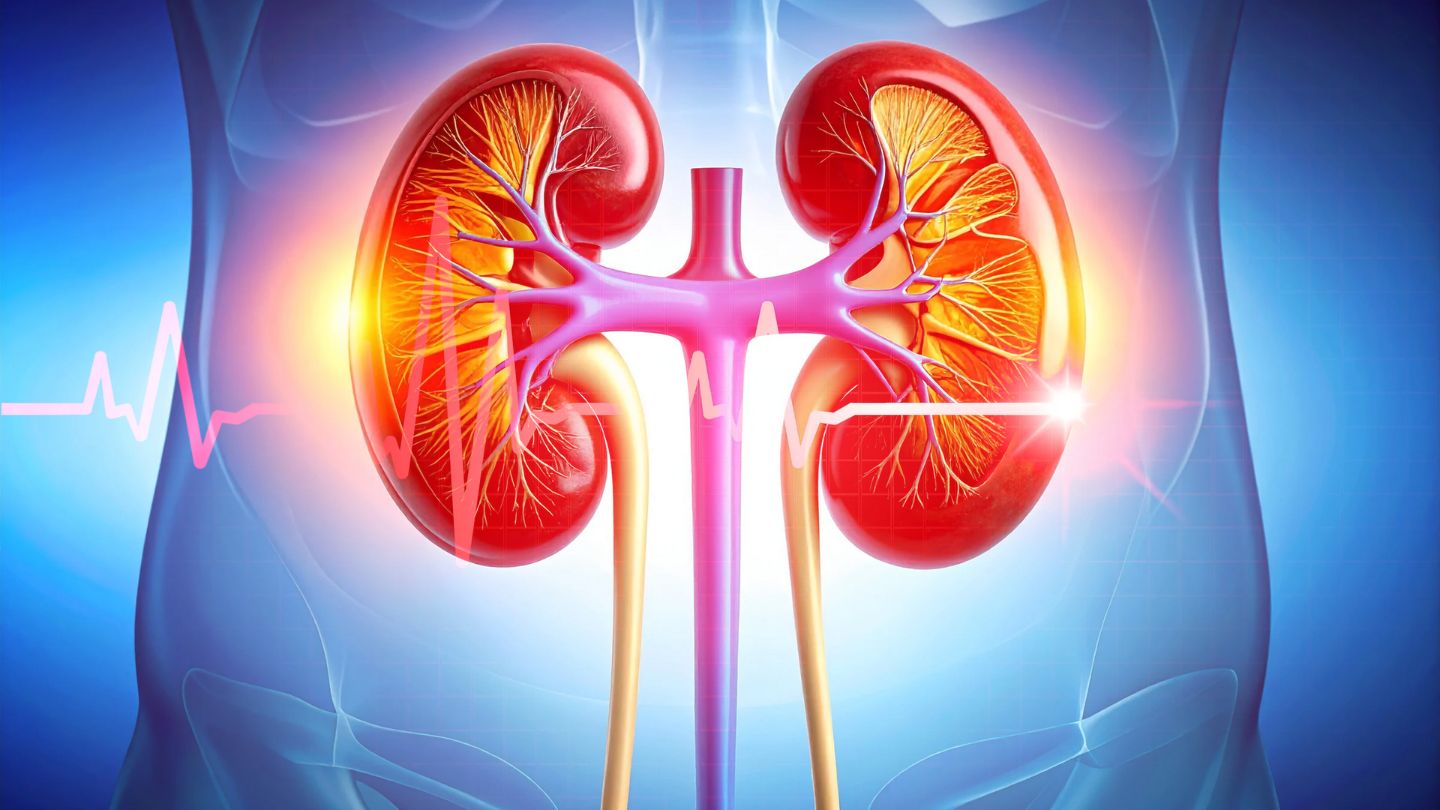Chronic kidney disease (CKD) is a progressive condition that affects millions of people worldwide. Over time, the kidneys lose their ability to filter waste and maintain balance in the body, leading to serious complications such as cardiovascular disease, the need for dialysis, and a reduced quality of life. Current treatment strategies focus on managing symptoms, controlling blood pressure, and slowing disease progression, but no widely approved therapy exists that can directly reverse or halt the decline in kidney function.
The Clinical Trial
A recent multi-center Phase II clinical trial, known as the LUBI-CKD Trial, offers a promising new direction. Researchers at Tohoku University studied the effects of lubiprostone, a drug more commonly prescribed for constipation, in patients with moderate CKD. Their findings suggest that lubiprostone may help slow the decline of kidney function. Patients who received the drug at either 8 µg or 16 µg doses experienced slower reductions in their estimated glomerular filtration rate (eGFR) compared to those who received placebo.
What makes this discovery particularly exciting is the mechanism at work. The study showed that lubiprostone appears to influence the gut-kidney connection by altering the microbiome, increasing the production of beneficial compounds called polyamines (such as spermidine), improving mitochondrial health, and reducing inflammation. Together, these changes may create a protective effect within the kidneys, helping them function more effectively for longer.
Of course, the research is still in its early stages. The trial included about 150 patients, and additional studies are needed to confirm whether these results can be replicated in larger, more diverse groups of people, including those with advanced CKD. Questions remain about the long-term safety, the best dosing strategy, and how to identify patients who might benefit the most from this treatment. Still, the findings offer a hopeful glimpse of what could become a new tool in the fight against kidney disease.
For Patients
For patients, this does not mean lubiprostone is ready to be prescribed for kidney health just yet. Instead, it highlights the importance of ongoing research and of working with kidney specialists who follow these developments closely. At Northlake Nephrology Institute, our team of kidney experts is committed to providing evidence-based care while keeping an eye on emerging therapies like lubiprostone that may one day change the standard of treatment.
If you are living with CKD, or have concerns about your kidney function, now is the time to take action. Schedule an appointment with Northlake Nephrology Institute to discuss your risks, treatment options, and the latest advances in renal care. Our specialists are here to help you protect your kidney health and improve your quality of life.
Reference:
“Lubiprostone in chronic kidney disease: Insights into mitochondrial function and polyamines from a randomized phase 2 clinical trial” by Shun Watanabe, Masaaki Nakayama, et al.—Science Advances, 29 August 2025. SciTechDaily Summary



